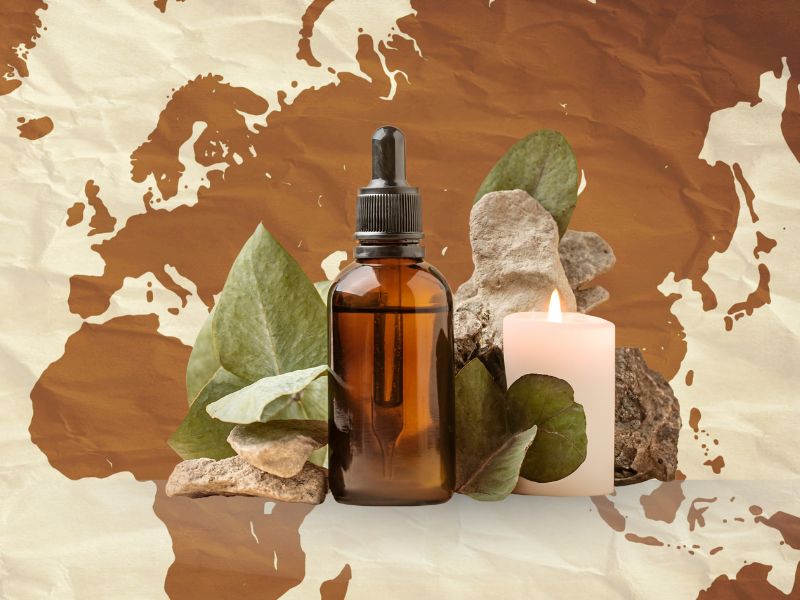Image Copyright: HONGQI ZHANG / 123RF Stock Photo
Many “experts” disagree regarding the need for higher education. Some advocate going directly into a technical school, citing the high debt load of higher education. Others expound on the salary differences between individuals with a higher degree and those without.
What the “experts” seem to ignore is the fact that you are an individual. What do you want?
Regardless of your chosen profession, a bachelor’s degree provides you with many of the qualities a company desires in its employees and leadership—a broad base of knowledge, critical thinking skills, communication, and all of the “soft skills” that make the transition from the classroom to the workforce easier. In a recent US News and World Report column, the author sums up the false dichotomy nicely, “It’s not specialist degrees versus liberal arts degrees: We need both.”
Your college experience will also provide you with the exposure to a diverse population that will serve you well in any career. You will learn how to collaborate and communicate with individuals who come from a variety of backgrounds and hold conflicting opinions. Expressing your ideas and accepting constructive criticism gives you the strength to defend your convictions and the empathy to listen and learn from others.
Health and wellness bachelor’s degree
If you already know what you would like to study, even better! The health and wellness field is not only personally fulfilling, it also contains great economic growth potential. Last year alone, Americans spent more than $30 billion on health and wellness out of their own pockets. Chiropractors, massage therapists, and nutritional programs are only a few of the areas of spending.
Entering a bachelors in health and wellness gives you the opportunity to explore exactly how you would like to benefit your clients. And, according to the US Department of Labor, your occupation has been growing and is likely to continue to do so. Until 2014, healthcare grew faster than any other sector. Projections until 2024 show that 20 of the 30 fastest-growing occupations will be in the healthcare industry. While not all healthcare professionals require a bachelor’s degree, 70 percent of fitness and wellness coordinators report having their bachelors.
Holistic nutrition bachelor’s degree
Entering an accredited holistic nutrition program covers all of the broad knowledge and soft skills of a bachelor’s degree program, but concentrates on the sciences such as biology, physiology, and chemistry. Different biological and even psychological problems can be aided through proper nutrition. Your body functions on a chemical level, so the chemicals that you ingest affect how it functions.
You can learn how to support your clients’ optimal health and wellness—body, mind, and spirit—through pursuing your bachelor of science in holistic nutrition.
Integrative health sciences bachelor’s degree
This degree takes healthcare to the next level, combining modern science with natural health such as aromatherapy, herbal medicine, and lifestyle changes to improve quality of life for your clients. And an online bachelor of science in integrative health sciences can easily fit into your busy lifestyle, providing the training you need for the career you want in your time frame.
In an integrative health focused bachelors, you will explore diverse methods of healing, putting to use your soft skills in understanding your clients’ underlying issues and your technical training to create the program best suited to their needs.
The American College of Healthcare Sciences stands ready to help you explore your career options. With flexible, online training combined with practical knowledge, ACHS prepares each student for a dream career with a bright and growing future. Get more info today and learn more about education opportunities in holistic health and wellness!
Disclosure of Material Connection: This blog may contain affiliate links. I am disclosing this in accordance with the Federal Trade Commission’s 16 CFR, Part 255: “Guides Concerning the Use of Endorsements and Testimonials in Advertising.
This article is for informational purposes only. It is not intended to treat, diagnose, cure, or prevent disease. This article has not been reviewed by the FDA. Always consult with your primary care physician or naturopathic doctor before making any significant changes to your health and wellness routine.




